The Deep Blue Sea at the National Theatre
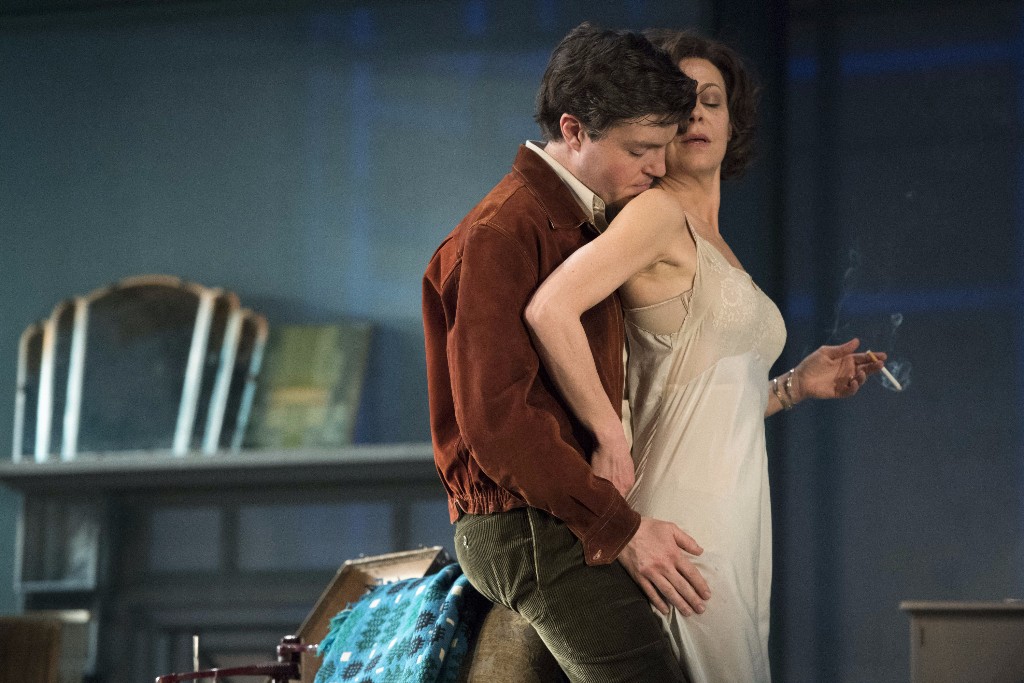
Sitting squarely in the grand theatrical tradition of a woman in crisis, The Deep Blue Sea’s Hester Collyer immediately recalls the likes of Blanche DuBois (especially since Helen McCrory spends much of the play floating around the stage in a flowery dressing gown) and Nora Helmer. With its protagonist caught between the stifling love of her husband, Bill, and the absorbing physical power of her boyfriend, Freddie, Terrence Rattigan’s play sees Hester trapped in a time that doesn’t allow for female expression, while she suffers from a suicidal depression that is trivialised by the men in her life.
From the robotic haze of the aftermath of her suicide attempt to the easy, if inert, relationship with her husband, to a series of frantic pleas down the phone, McCrory brings a delicacy to the role of Hester where a lesser actress would opt for melodrama. This subtlety makes it all the more alarming when the character’s thoroughly British mask slips to reveal the torrent of distress that ripples under the surface. McCrory is ably served by the pair that complete the play’s central love triangle. As Bill, Peter Sullivan exudes the patronising, if sincere, aura of the 1950s man-in-charge, for whom emotions are more said than felt. Tom Burke’s Freddie, meanwhile, combines brutish naivety and fragile narcissism, his implicit form of post-WW2 PTSD complicating his callousness.
Despite the similarities between Hester and A Streetcar Named Desire’s Blanche, the relationship between The Deep Blue Sea’s lead character and Freddie is more akin to that of Stanley and Stella. Even beyond Freddie’s alcoholism, the performances of Tom Burke and Helen McCrory make the lovers seem intoxicated with each other. Not romantically, but in the dangerous way narcotics can induce all the wrong kinds of decisions, a junkie-like co-dependency throbbing between the pair in each of their scenes.
It is something of a surprise how understated Carrie Cracknell’s direction is, especially given the kinetic nature of 2014’s Medea (also for the NT, and also starring McCrory) and last year’s Macbeth (at the Young Vic). While this calmer approach suits the source material, the production sometimes feels flat, especially in the opening scenes where the balance between dark wit and underlying trauma isn’t as sharp as it becomes later in the play. And, while it helps provide a poignant visualisation of Hester’s loneliness, there is something hollow about Tom Scutt’s grandiose set. It is a shame, as the the staging and the direction remove the intimacy the play requires, stranding the fine central performances in an outsized doll’s house that mutes the impact of the narrative’s intensity.
Connor Campbell
The Deep Blue Sea is on at the Lyttelton Theatre at the National Theatre from 1st June until 21st September 2016, for further information or to book visit here.

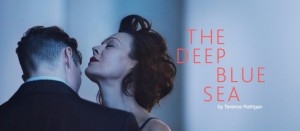
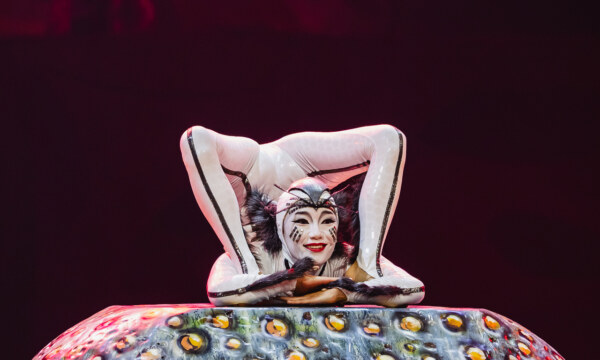
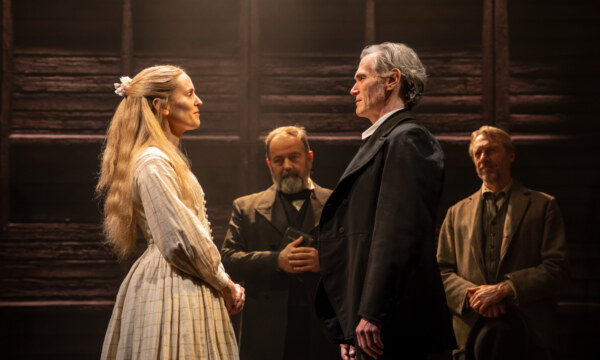

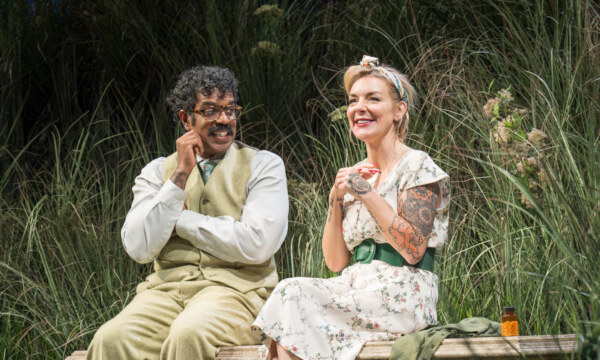
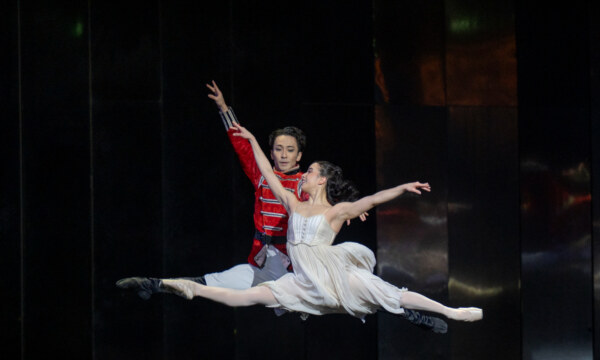
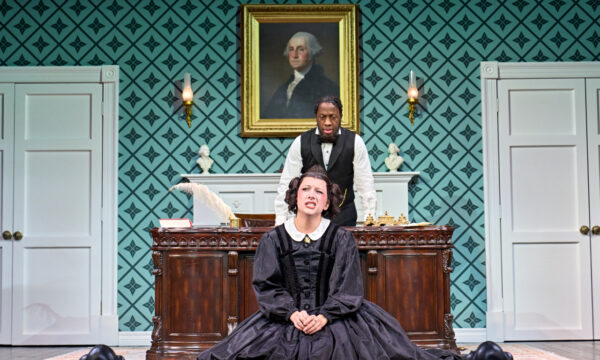
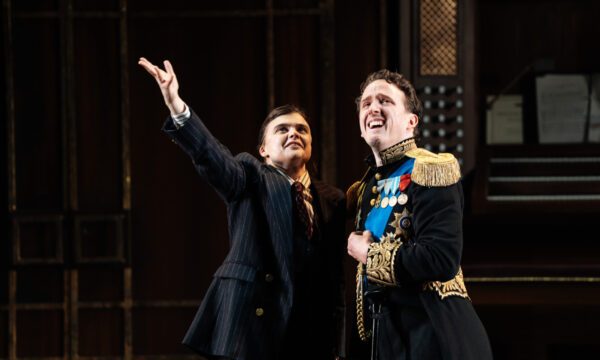

















Facebook
Twitter
Instagram
YouTube
RSS